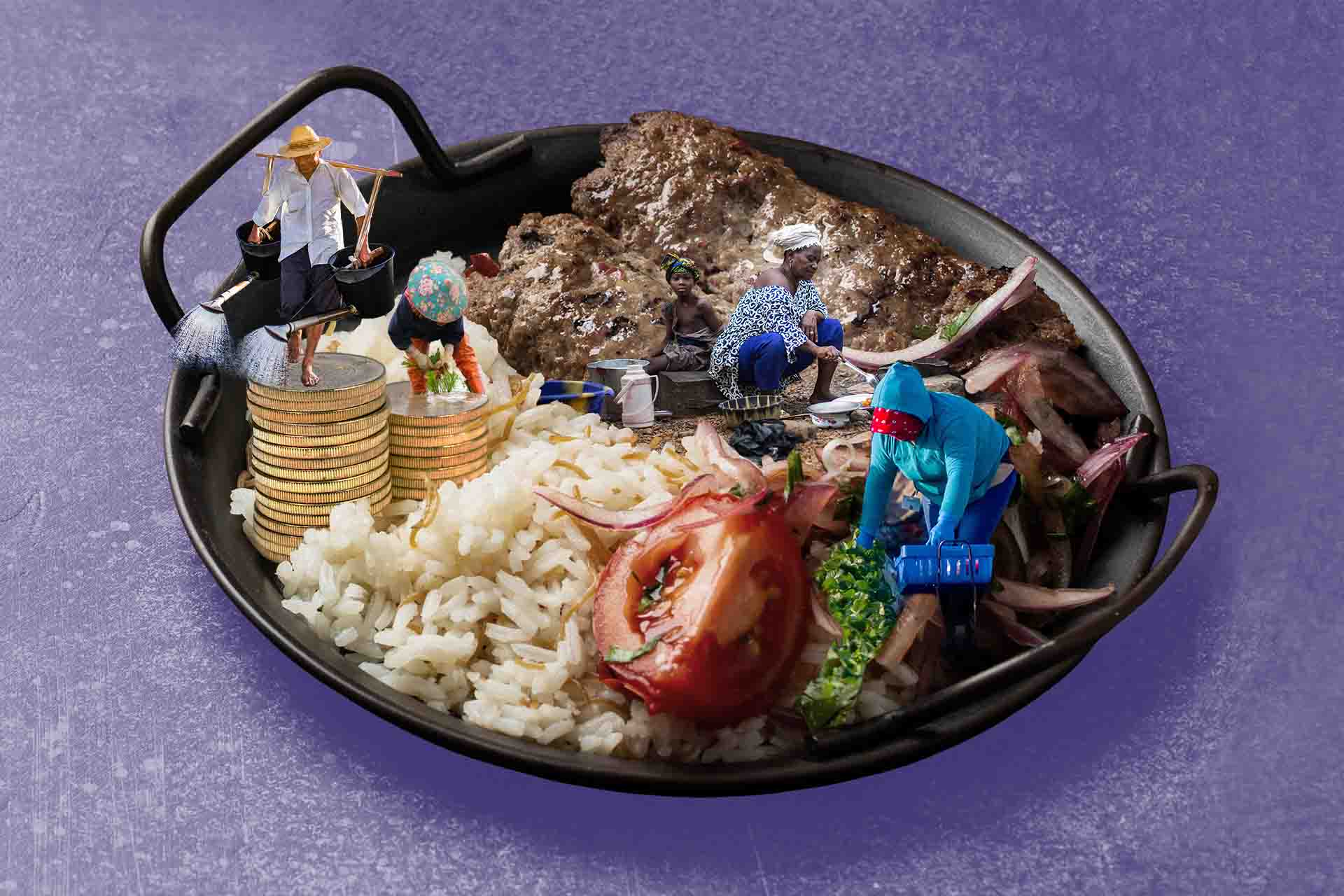Agricultural workers, including migrant workers, do not just suffer from health problems linked to the industrial production mode. Many of them are also victims of labor and human rights violations. They receive inadequate wages, endure having to live in unsanitary shacks, and work under slave-like or extremely dangerous conditions.
One example is the plight of Moroccans working in the strawberry plantations of Spain’s Huelva Province, which largely exports the fruit to Germany, the UK, and France.
Often suffering from work and living conditions much worse than that of males are their female counterparts. This is because the dominant food system replicates and even exacerbates gender inequalities that are rooted in patriarchy. This system is based on the unequal distribution of power between men and women to the detriment of the latter, as women often engage in unpaid care and domestic work.
